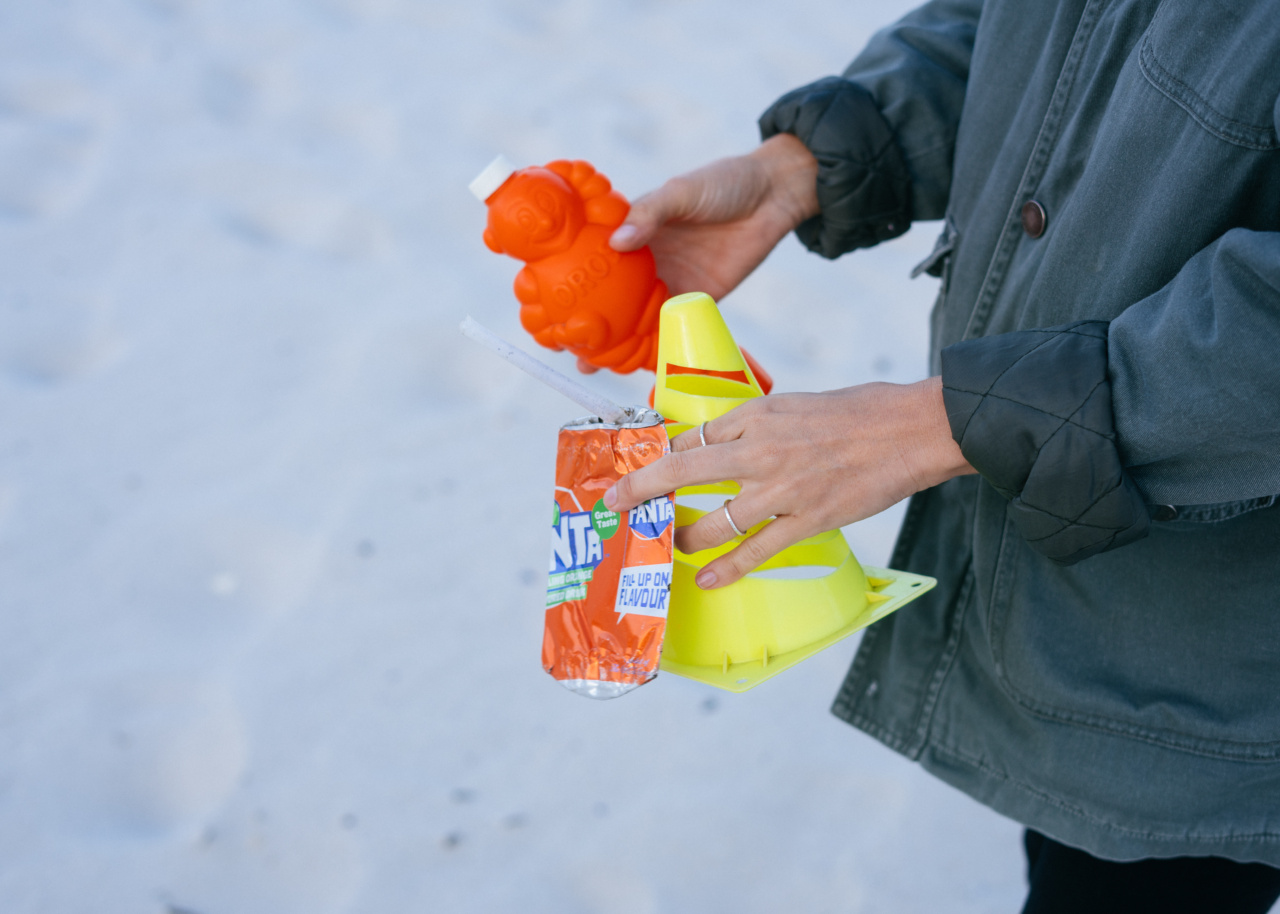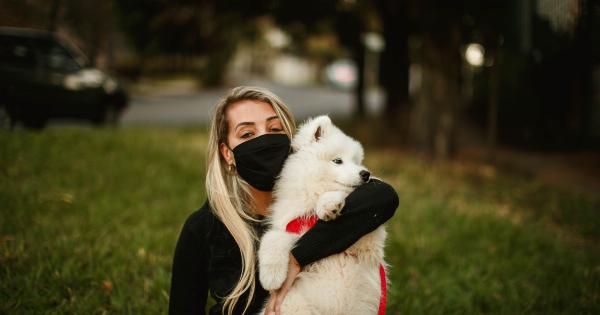A house fire is a traumatic event that can have devastating effects on both humans and animals. If your home has been damaged by fire, your dog may be suffering both physically and emotionally.
It’s important to provide your furry friend with the care they need to recover from the trauma.
1. Get Them Checked Out by a Vet
The first thing you should do after a fire is to take your dog to the vet. Even if they don’t appear to be injured, there may be underlying health issues that need to be addressed.
Smoke inhalation can cause lung damage, and your dog may have burns or other injuries that need treatment.
2. Monitor Their Behavior
Dogs are often traumatized by experiencing a fire. They can experience anxiety and fear, and may become more aggressive or withdrawn. It’s important to monitor their behavior and be patient with them as they recover.
3. Create a Safe Space
After a fire, your home may not be safe for your dog to wander around in. Create a safe space for them to relax in, away from any potential hazards. This can be a crate or a specific room that has been cleaned and checked for safety.
4. Stick to a Routine
Dogs thrive on routine, and a fire can disrupt their daily schedule. Try to stick to their regular feeding, exercise, and sleeping routines as much as possible. This can help them feel more secure and stable as they recover.
5. Keep Them Clean
It’s important to keep your dog clean after a fire. Smoke can settle into their fur, causing respiratory issues. Bathing your dog and regularly brushing their fur can help remove any lingering smoke or debris, and can also be a calming activity for them.
6. Provide Mental Stimulation
A dog’s mental health is just as important as their physical health. Providing them with mental stimulation can help them recover from the trauma of a fire. This can be done through toys, treats, or puzzles that engage their minds and interest.
7. Consider Therapy
If your dog is struggling to recover from the trauma of a fire, consider seeking out therapy. This can be in the form of behavioral training or counseling, which can help them work through their anxiety and fear.
Your vet should be able to recommend a qualified professional to help.
8. Don’t Rush the Re-introduction
If you have to temporarily re-home your dog during the recovery process, it’s important not to rush the re-introduction process. Dogs can become disoriented and anxious when they return to their home after a traumatic event.
Introduce them slowly and with patience, allowing them to explore their surroundings at their own pace.
9. Be Patient
Recovering from a fire can take time, and it’s important to be patient with your dog as they recover. They may experience setbacks or take longer than expected to bounce back. Be patient, understanding, and supportive throughout the recovery process.
10. Seek Additional Support
If you’re struggling to help your dog recover from a fire, don’t hesitate to seek out additional support. This can be in the form of support groups, online forums, or counseling for pet owners. Remember that you’re not alone, and there is help available.































